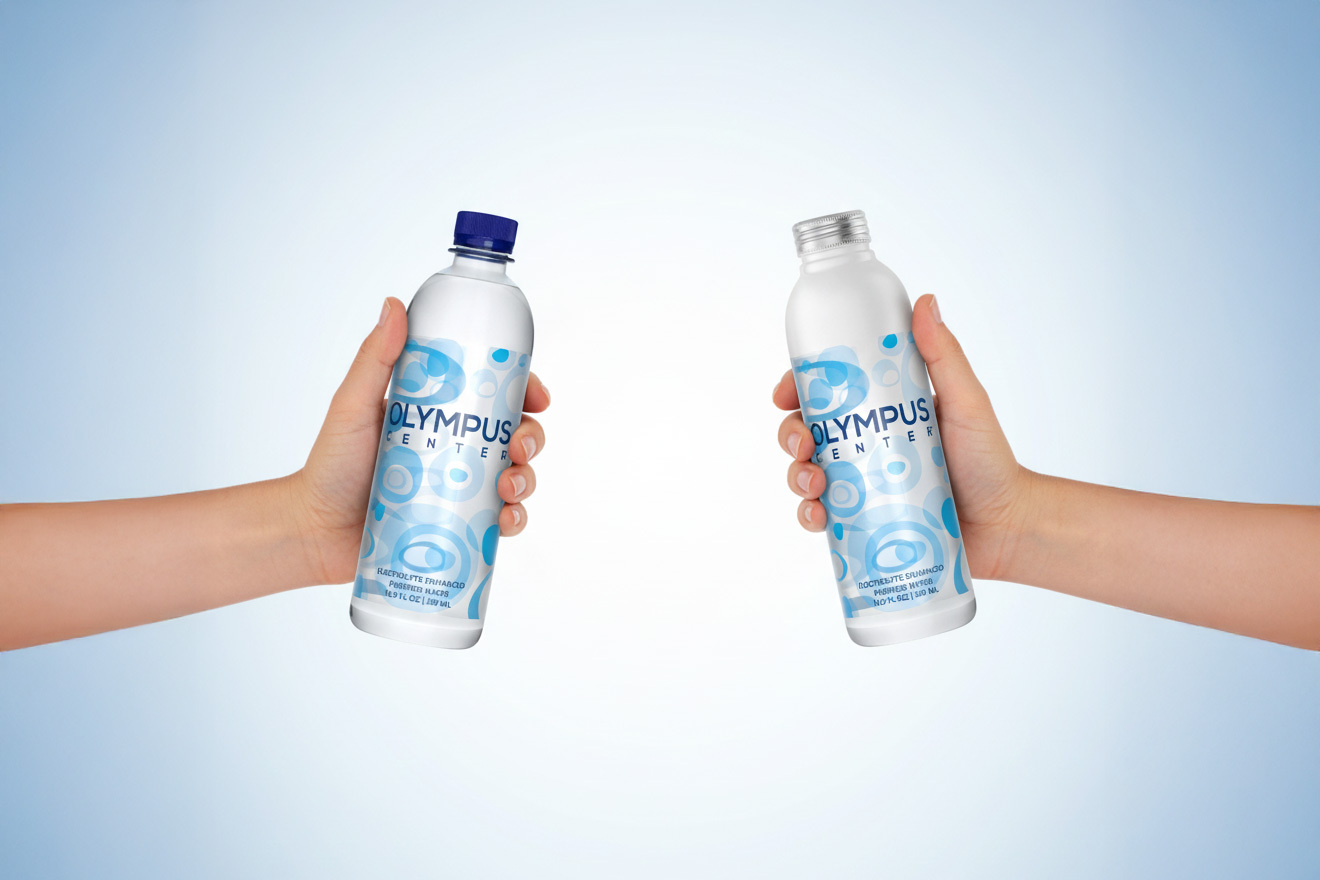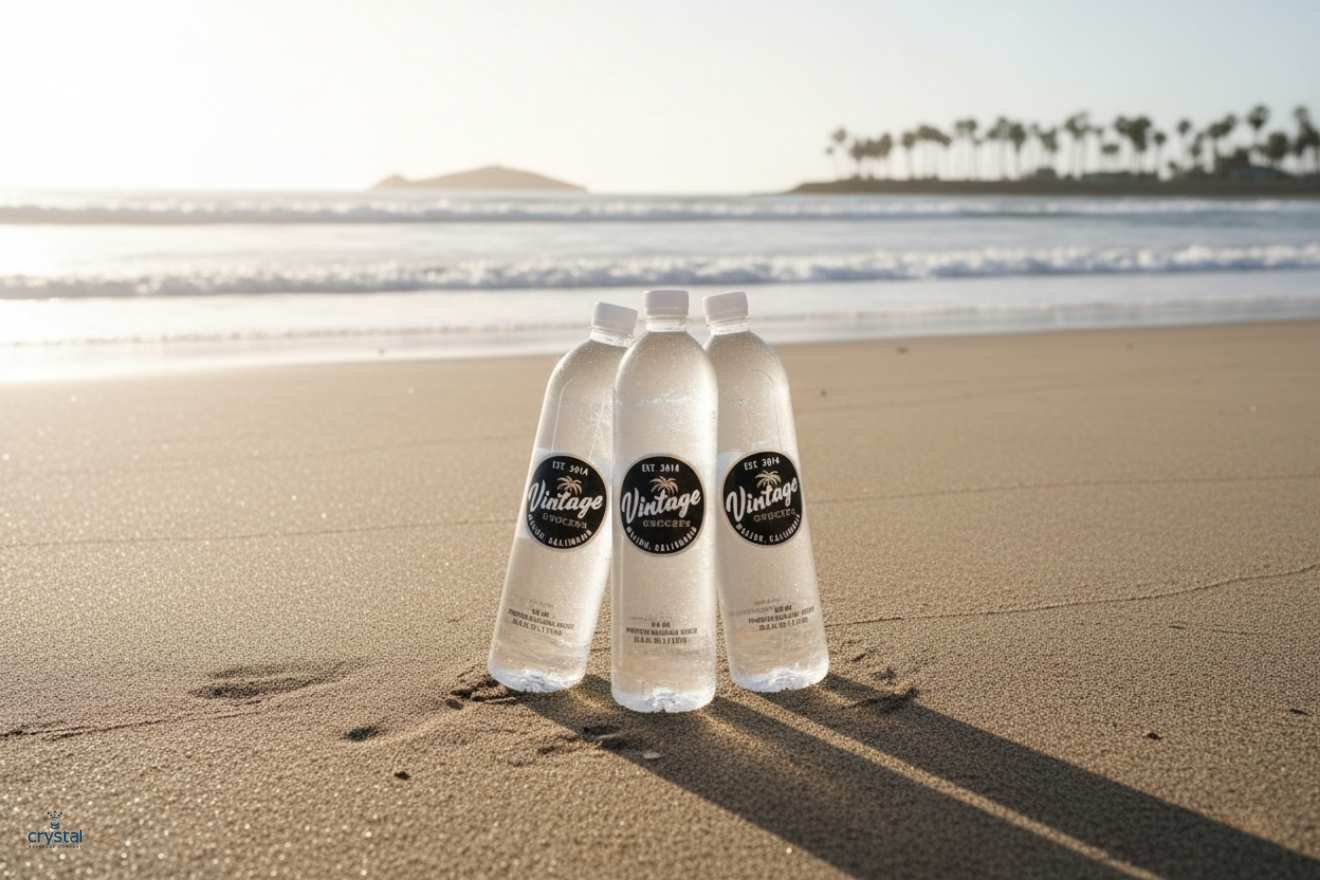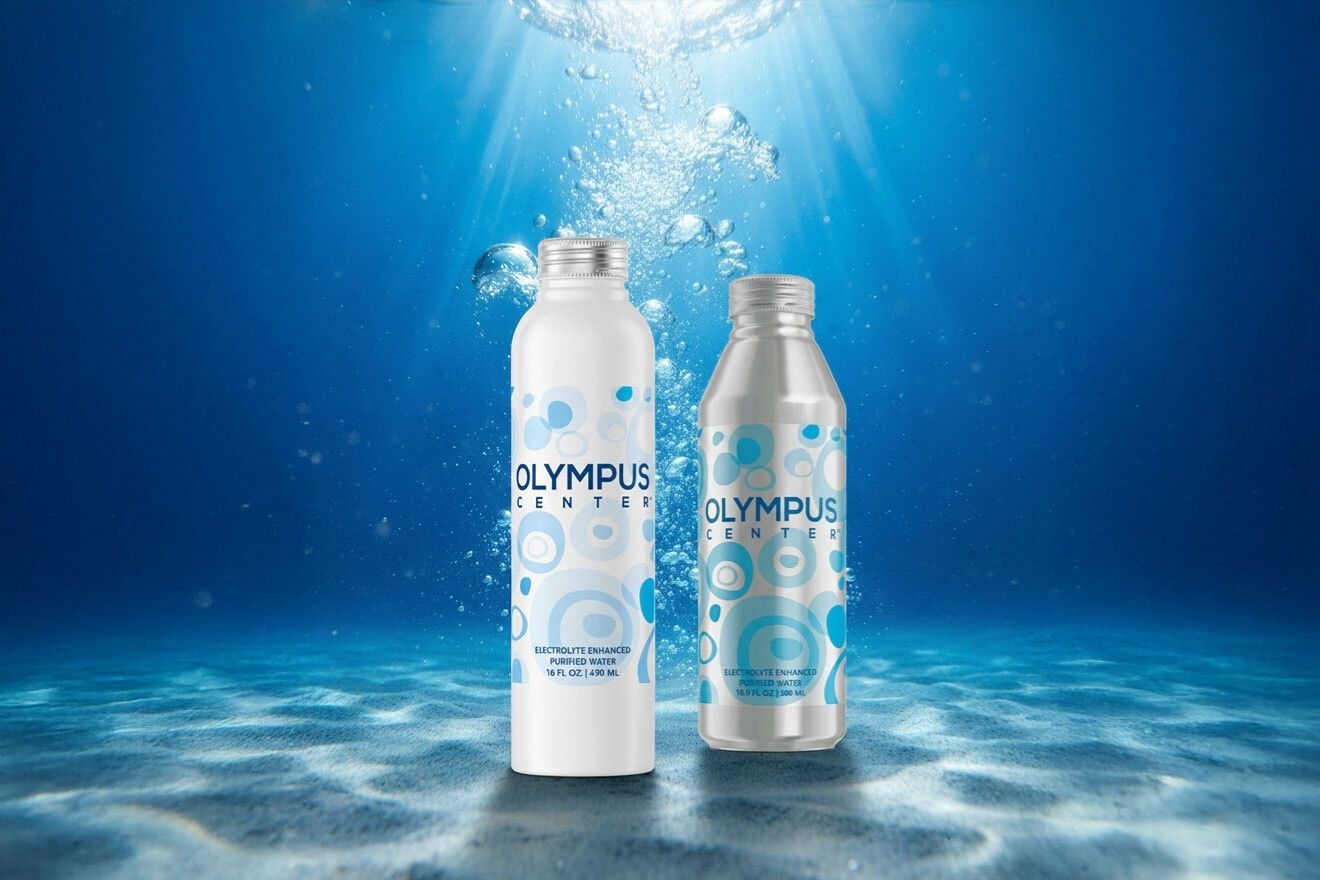15 Facts About Bottled Water That You Didn't Know


Here at My Own Water, we pride ourselves on being transparent to our customers. We like to educate and provide our consumers with true-to-life facts that offer a different perspective to the bottled water industry. So here are 15 facts you probably never knew about your bottle of water:
15 Facts About Bottled Water That You Didn't Know
- Bottled Water is Not Just Tap Water
You may have heard that 1/4 of all bottled water is really just plain tap water, but this is misleading. Water comes in many forms, and the differences in water sources make up the differences in total dissolved solids and components. Bottled water may be natural water, purified water, mineral water, and more.
- There are Flavor Profile Differences in Bottled Water
Speaking of differing water types, the flavor profile also differs based on the source. While water is generally neutral-tasting, some bottled water may have a saltier, sweeter, or more tart taste compared to others due to the dissolved minerals in the water, and the source of drinking water.
- Bottled Water Companies Source Their Own Water
Most bottled water companies would have a consistent source of water. They typically work with the Environmental Protection Agency (EPA) and the Food and Drug Administration (FDA) on the safety and potability of their sources - be it well water, natural springs, glaciers, or others.
- Plastic Water Bottles Vary in Material (and Sustainability!)
Plastic water bottles get a bad rap, but there are differences in the plastic materials that determine how well they can be recycled. Check the bottom of your bottle for the recycling code. Curbside recycling programs often accept plastic water bottles with #1, #2, and #5 codes, which stands for PETE, HDPE, and PP respectively.
- Bottled Water Undergoes Various Treatments
Water is treated differently depending on the bottled water company. Water may go through reverse osmosis treatments, heat treatments, distillation, filtration (such as carbon filtered water), or other purification processes.
- 1/3 of All Bottled Water is Not Up to Par
Regulations are stricter for municipal water versus bottled water in the US. Tap water typically undergoes disinfection to kill off harmful microbes, but bottled water does not go through the same process. Instead, microbes and other debris are pushed through filters between 1 to 5 microns to remove any contaminants.
- Only 9% of Plastic Bottles are Recycled; 91% Left to Decompose
Unfortunately, only 9% of all plastic bottles in the US are recycled. A staggering 91% ends up in landfills, minimizing the recycling rate of these water bottles. Waste management is a huge issue around the world, and proper waste disposal is the key to keeping the environment healthy. Don't toss your plastic bottles out - recycle them!
- Plastic Bottles Take 450 Years to Decompose
Those water bottles left to decompose will take 450 years to completely break down - if at all! Research suggests that plastics do not completely decompose, but rather turn into microplastics that leach chemicals into our oceans and landfills. Recycling and repurposing is a much better option than throwing plastics away.
- Reusable Bottles Tend to Have a Larger Opening
Unsure if your plastic bottle is recyclable or not? Reusable bottles typically have a larger opening to make cleaning easy. Same goes for other bottle materials such as glass and aluminum bottles, which are safe and reusable, as well as recyclable. Cleaning these bottles helps prevent bacterial growth.
- Natural Spring Water has Trace Amounts of Sodium and Calcium
Water is neutral. It does not contain any added sugars, carbohydrates, or cholesterol. However, natural spring water may have trace amounts of beneficial minerals dissolved in it. As much as 2mg of sodium and 1% of calcium may be present in every 100g of water. The dissolved minerals are also easy for your body to absorb.
- Bottled Water is Not Necessarily Purer than Tap Water
Drinking bottled water is not necessarily healthier than drinking tap water - at least, in the US. Municipal water in the US undergoes strict quality inspection to ensure tap water is potable. Bottled water is not as regulated, but provides a convenient way to hydrate throughout the day.
- Bottled Water is Quickly Surpassing Canned Soft Drinks
The amount of bottled water sold and consumed has been steadily increasing since 2017, eventually surpassing the demand for canned or bottled carbonated drinks. Bottled water is the most common and popular drink of choice, even more than sugary juices.
- Bottled Water is the Safer Option in Restaurants
Restaurant tap water is generally safe to drink, but the pitchers and faucets they come out of may not abide by strict sanitary regulations. The bottled water industry ensures brands within their organization complies to standards, ensuring that bottled water is absolutely potable.
- Bottled Water is a Marketing and Branding Tool
Many bottled water companies, such as My Own Water, offer custom labels for water bottles, making them an avenue for marketing campaigns. Placing logos on water bottles is not unheard of, and is a classic way to advertise in concerts, sport marathons, and other events.
- Bottled Water Brands Grew from 50 to 195 since 1998
The bottled water industry continues to grow year after year, with new startup brands joining the market. From 50 water brands in the US in 1998, to 195 in 2012, the market has grown exponentially to meet consumer demands.
What to Do with These Facts?
These facts are not laid out just for fun, they are informative as well! These facts are here to help you make better decisions in your drink of choice, as well as the sustainability of your plastic, aluminum, or glass water bottles to minimize waste produced.
With these facts, you can opt to gauge your water sources better, and go for trusted, reputable companies who are transparent about their sources and their treatment methods. Choose companies who provide options for you to be more eco-friendly, while still keeping the convenience of bottled water!






